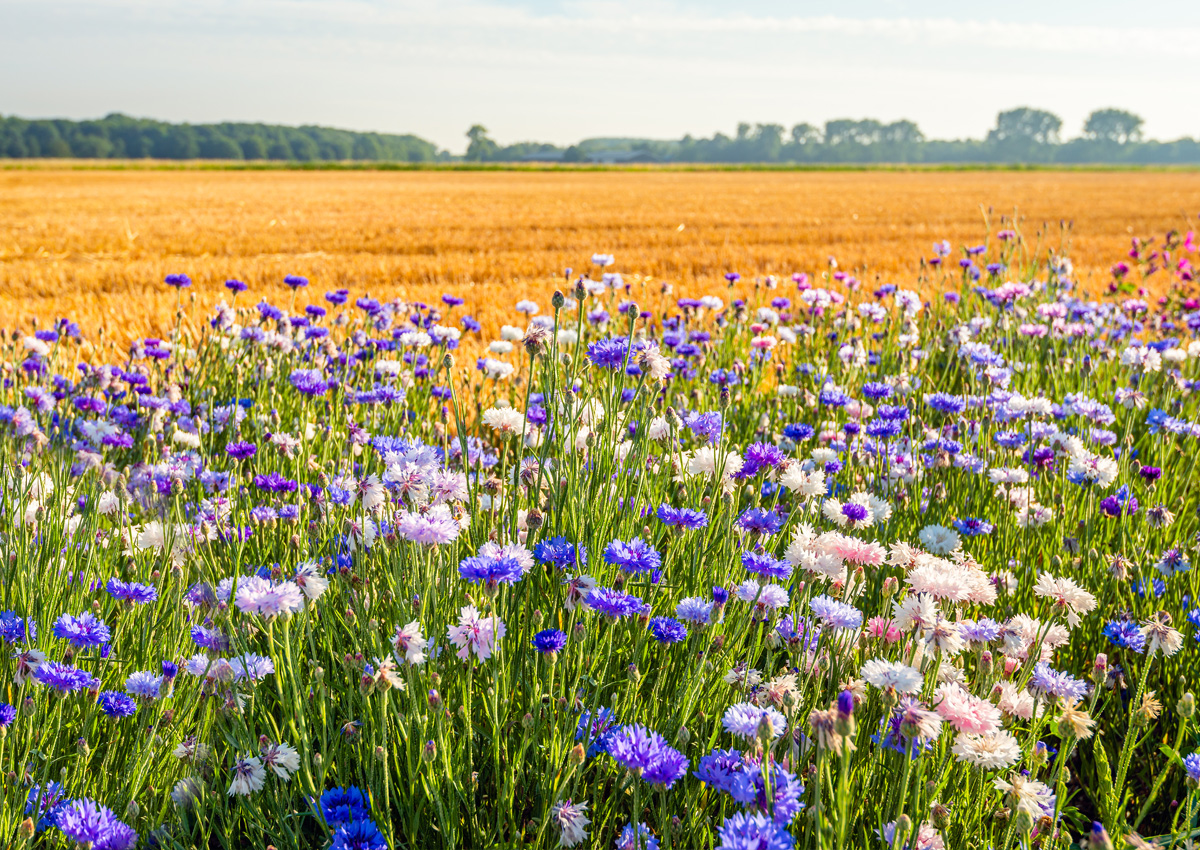
Study Reveals Most Countries Fail to Protect Nature in COVID-19 Recovery Plans
October 14, 2020| |
A Rutgers University-led research reveals that most countries are failing to invest in nature-related economic reforms and investments as the COVID-19 pandemic provides an opportunity to reset the global economy and reverse decades of ecosystem and species losses.
The research team led by Pamela McElwee, associate professor in the Department of Human Ecology at Rutgers University–New Brunswick was composed of economists, anthropologists, and environmental scientists at many institutions on three continents. It explores the changes in global economic systems – including incentives, regulations, fiscal policy, and employment programs – that are necessary to shift away from activities that damage biodiversity and move toward those supporting ecosystem resilience.
The paper spells out the actions that governments should be taking to prioritize nature, provide immediate employment benefits, and lead to longer-term transformations in the global economy. While many scientists and politicians promote COVID-19 recovery that is low-carbon, biodiversity and ecosystems in economic plans received much less attention as discussions largely focused on wildlife markets as a potential source of novel viruses. While they may be important, the authors say they do not address the root causes of ecological disruptions.
"Governments are falling short of their stated promises and they need to do more – immediately," McElwee said.
For more details, read the article in Rutgers Today.
| |
You might also like:
- FAO Report: Biodiversity Vital for Food and Agriculture Declining Fast
- GM Crops Increase Biodiversity, Research Finds
- Pocket K No. 44: Biotechnology for Biodiversity
Biotech Updates is a weekly newsletter of ISAAA, a not-for-profit organization. It is distributed for free to over 22,000 subscribers worldwide to inform them about the key developments in biosciences, especially in biotechnology. Your support will help us in our mission to feed the world with knowledge. You can help by donating as little as $10.
-
See more articles:
-
News from Around the World
- ISAAA Webinars Tackle Global Animal Biotech Regulations
- Biotech Experts to Discuss Impact of GM Crops in India
- Argentina First in the World to Approve Drought Tolerant HB4® Wheat
- Bt Cotton Adoption in India Impacts Yields, Profits, and Living Standards
- International Experts Discuss Animal Biotech with Philippine Stakeholders
- Plant-based Milk Bottles Launched in New Zealand
- EU Approves XtendFlex Soybeans for Food and Feed Use
-
Research Highlights
- Experts Find Genes Linked to Nitrogen Metabolism
-
Plant
- Genome Editing of Wheat Alters Spike and Grain Characteristrics
- Emmanuelle Charpentier and Jennifer A. Doudna Awarded 2020 Nobel Prize in Chemistry
-
Health
- NAS Releases Guidance on Reopening K-12 Schools During the COVID-19 Pandemic
- Study Reveals Most Countries Fail to Protect Nature in COVID-19 Recovery Plans
-
Read the latest: - Biotech Updates (December 17, 2025)
- Gene Editing Supplement (December 17, 2025)
- Gene Drive Supplement (February 22, 2023)
-
Subscribe to BU: - Share
- Tweet

